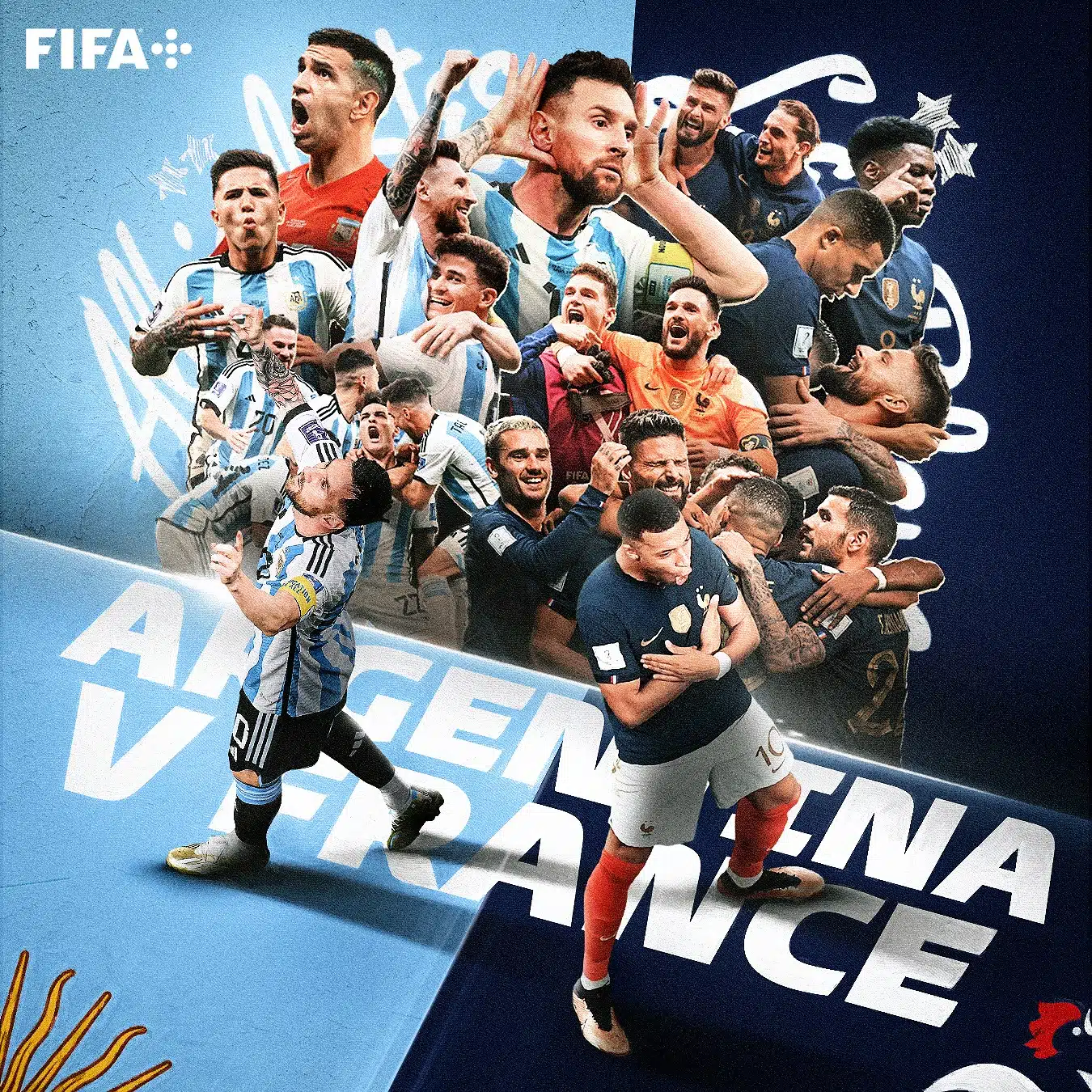Kahn: ‘We are a home for our fans, no matter where they come from.’
Legendary goalkeeper, pundit, board member – Oliver Kahn is back at FC Bayern. In conversation with club magazine ’51’ he describes his vision for the record champions. The former world goalkeeper of the year speaks about new projects, big goals and of course the “Volkahno,” (full interview available in the FC Bayern journal).
Interview with Oliver Kahn
During your MBA, in the classroom you introduced yourself as: “I am Oliver Kahn and I used to be a goalkeeper.’ Will you also go round Säbener Strasse introducing yourself like that?
I presume that a few people still know who I am (grins). Every single person at FC Bayern plays his or her part in ensuring the long-term success of the club. I’ll seek a continuous dialogue with the people who make up the fabric of this club in order to keep working toward success.
As a player, you were regarded as a hothead. As a ZDF pundit, you appeared calm, collected, and even self-deprecating. Where has the so-called ‘Volkahno’ gone?
Every “Volkahno” lies dormant from time to time (laughs). In my time as a player, I had to be vocal from time to time to make myself heard in a packed stadium. Today, it’s no longer about just shouting, but about creating conditions in which staff, players and academy talent can reach their full potential.
The “Volkahno” eruptions had to do with the pressure on players at Bayern to succeed. What pressure do you now expect as a member of the board?
I don’t feel any pressure, only respect. The burden of responsibility at Bayern Munich is spread across many shoulders. Everyone is aware that the main task at the club is to ensure sporting success within the framework of financial stability. At a football club, it is all about keeping the cycle of sporting and commercial success moving, based on a specific strategy. And sporting success here at Bayern is always defined by the highest of expectations and targets.
Are you perhaps also a little pleased to feel a bit of pressure at matches, now you’re a member of the board?
I’m looking forward to an exciting task and a major challenge. When you’re in the stands, you’re of course emotional when you follow the action, but it’s incomparable to the feeling of being on the pitch playing. It’s different if you’re down there on the pitch or watching from above. Franz Beckenbauer once said, “The best thing will always be the playing.”
Which coach’s leadership style were you particularly fond of?
Today it’s very important for a coach to be able to convey the technical dimension of football, his game plan and specific tactical aspects to his team. A coach needs a plan of how to play against upcoming opponents. On the other hand, it’s also about getting through to the players as people, strengthening them and getting the most out of their potential.




